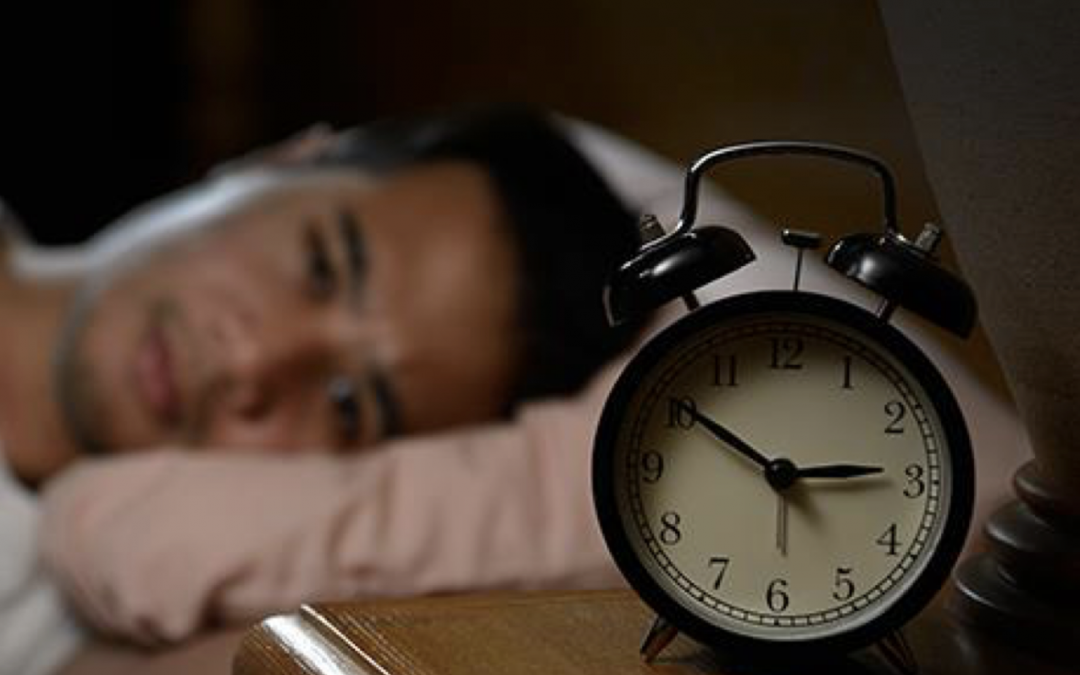19 March 2019
Media Release – Lacking a Good Night’s Sleep?
From: NZ Register of Exercise Professionals
Sleep is an important part of looking after our health; we simply can’t function and beproductive without the right amount of rest.
In the short term a lack of sleep leads to loss of concentration, tiredness, fatigue and impaired physical and mental performance. In the long term lack of sleep can contribute to negative health outcomes.
So, before you think that lack of sleep will do nothing more than make you a bit foggy, it’sworth looking at some emerging research on the impact of sleep deprivation.
In research from a professor of neuroscience and psychology at the University of California in Berkeley, and a doctoral candidate, they looked at how a lack of sleep can reduce mechanisms for relieving pain by recording pain thresholds with health participants.
Across the group, the participants were feeling discomfort at lower temperatures, which shows that their own sensitivity to pain had increased after inadequate sleep was reported. When looking at increased use of painkillers to numb pain, and the effect of pain on productivity, it is easy to see how lack of sleep and the lower ability to deal with pain could impact on your health and wellbeing.
Research out of the Bristol University confirms the relationship between depression and lack of sleep. They noted that inability to go to sleep and stay asleep is a symptom in up to 75% of those diagnosed with depression. Those with unresolved sleep issues are also more likely to relapse after recovering from depression, than those who have better sleep patterns.
Sleep research is not all doom and gloom though. Especially to those who engage in regular physical activity in the evenings, and have been warned that exercising later in the day can lead to difficulty in getting to sleep. Researchers at Charles Sturt University, NSW, worked with a group of middle-aged men investigating the relationship between sleep and appetite related to exercising at different times of the day. The study involved a 30 minute bout of High Intensity Interval Training (HIIT) at different times of the day, with results showing that it was only the evening exercise session that did not have a negative impact on subsequent sleep. While a limited range of people and sample size makes it unclear whether this relates to all populations at the same rate, it does show that an evening exercise session may not impact on the ability to go to sleep.
If you think you could do with a better night’s sleep, ask your REPs registered exerciseprofessional for a copy of the Sleep Smart brochure from their ‘Tell Me More’ information series. This brochure has helpful tips to get a better night’s sleep.
References:
https://australianfitnessnetwork.worldsecuresystems.com/resources-library/latest-news- research-12-february-2019
https://australianfitnessnetwork.worldsecuresystems.com/resources-library/latest-news- research-26-february-2019
https://www.ncbi.nlm.nih.gov/pmc/articles/PMC3181883/


